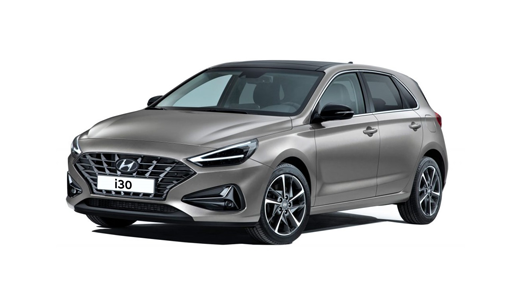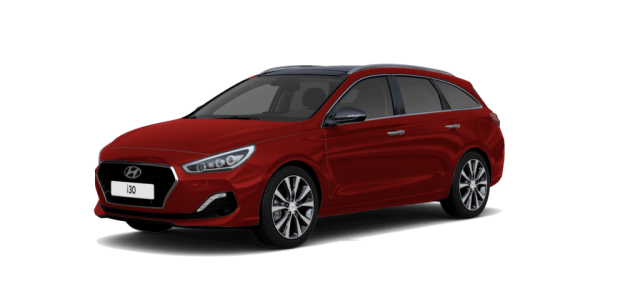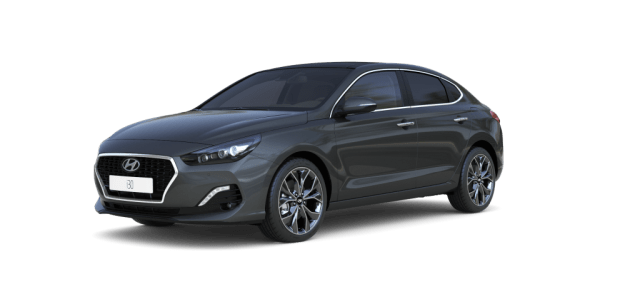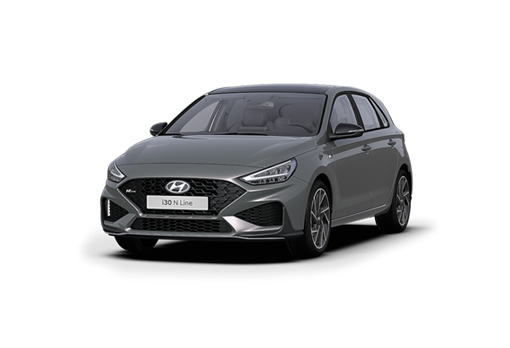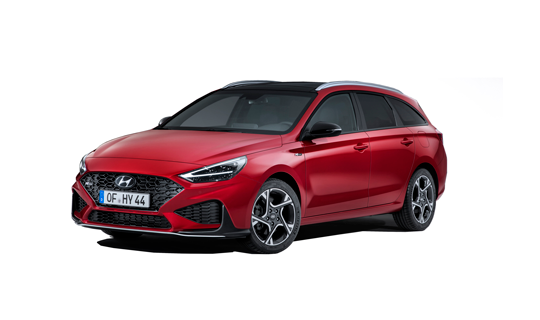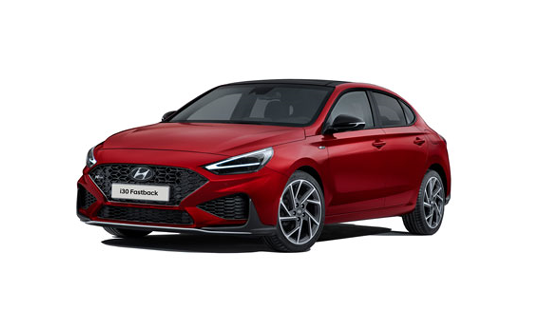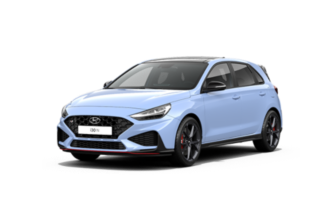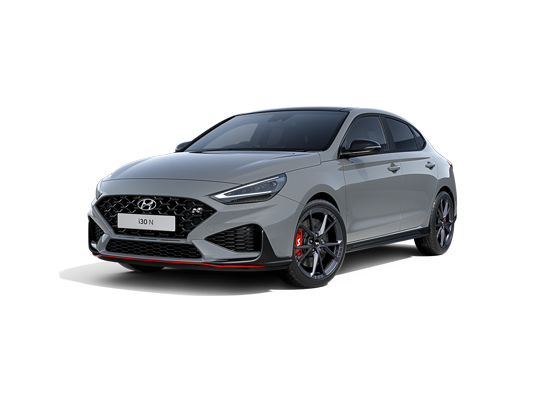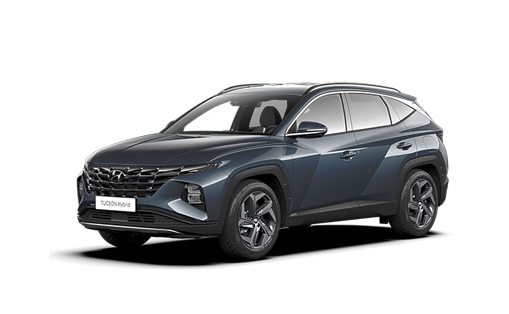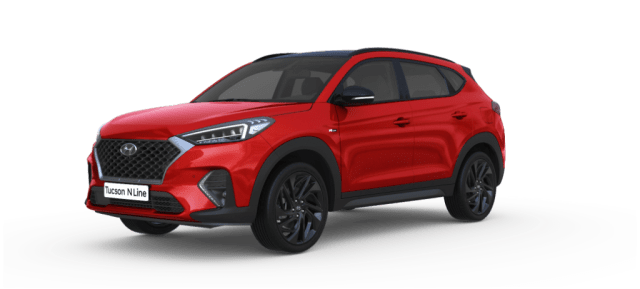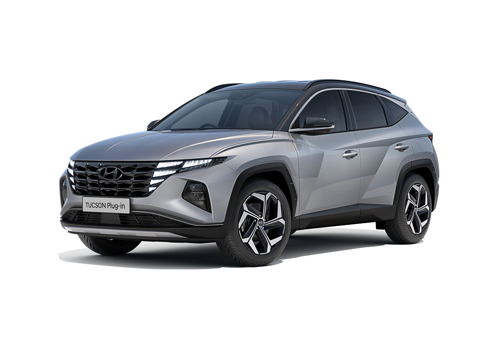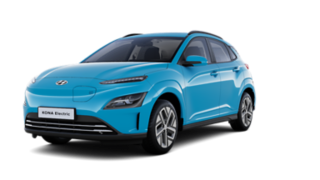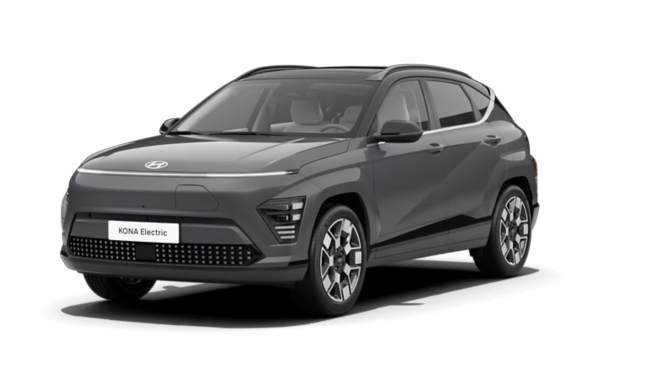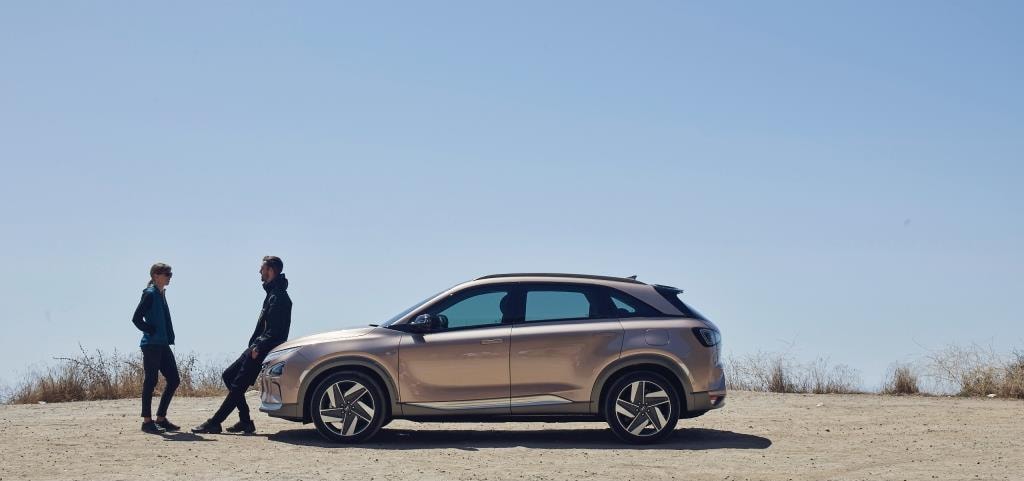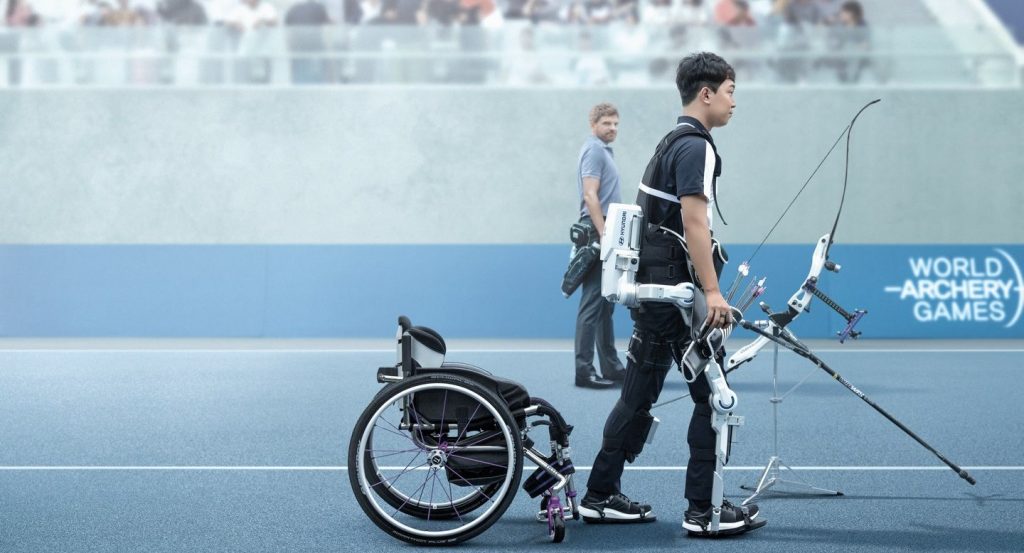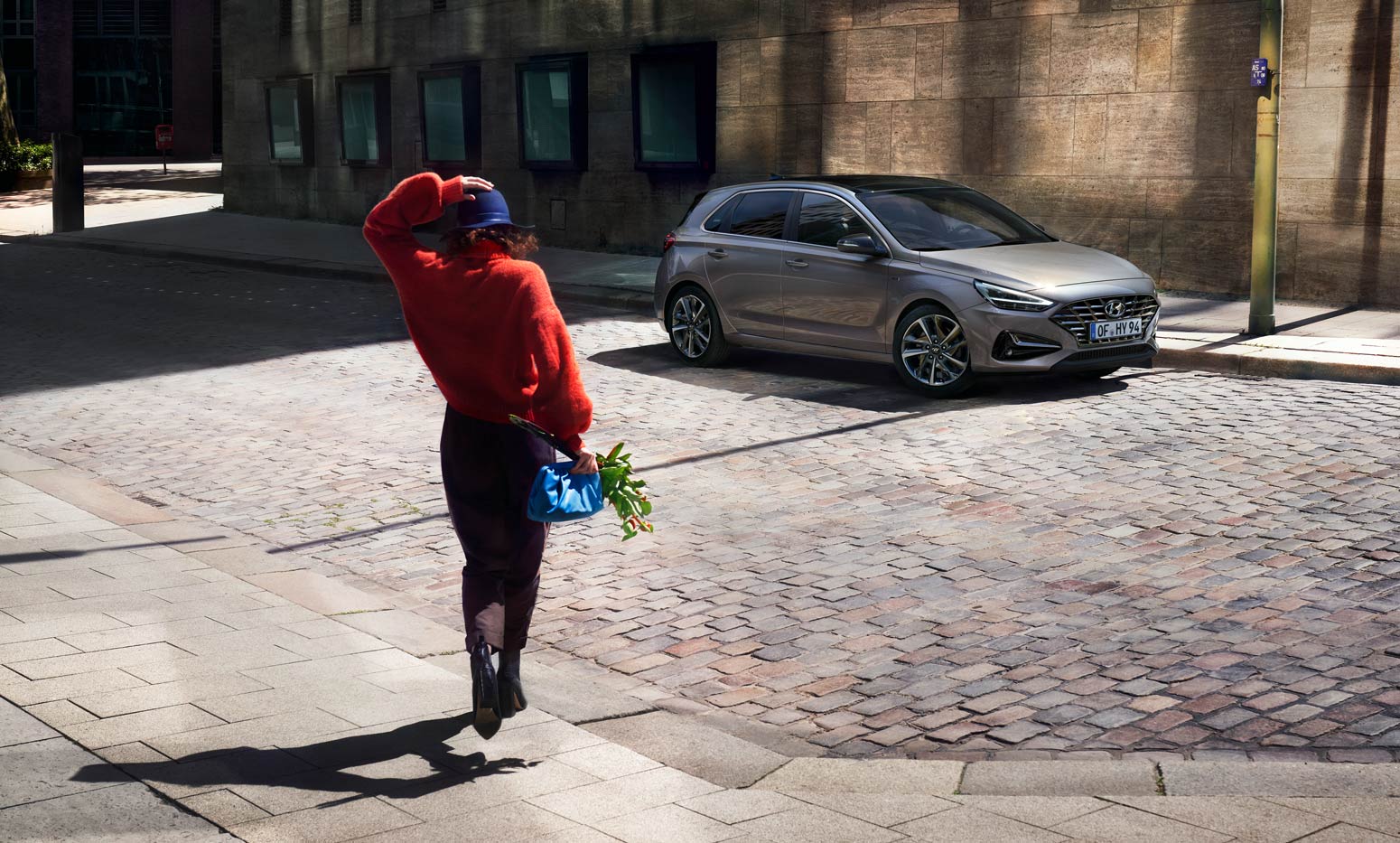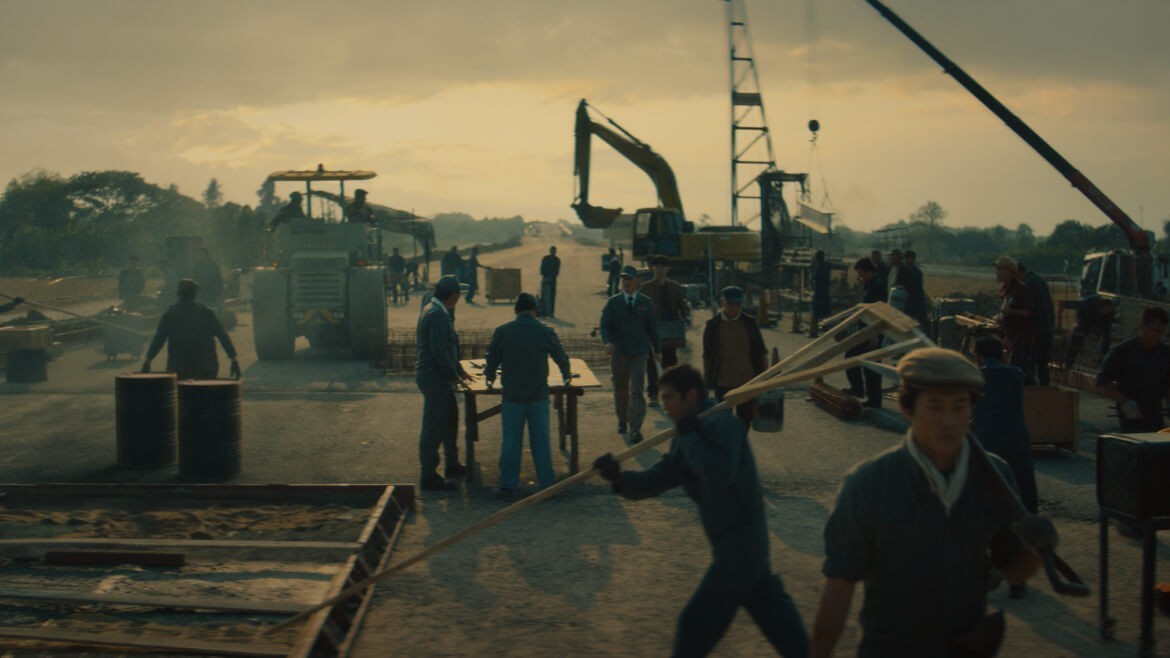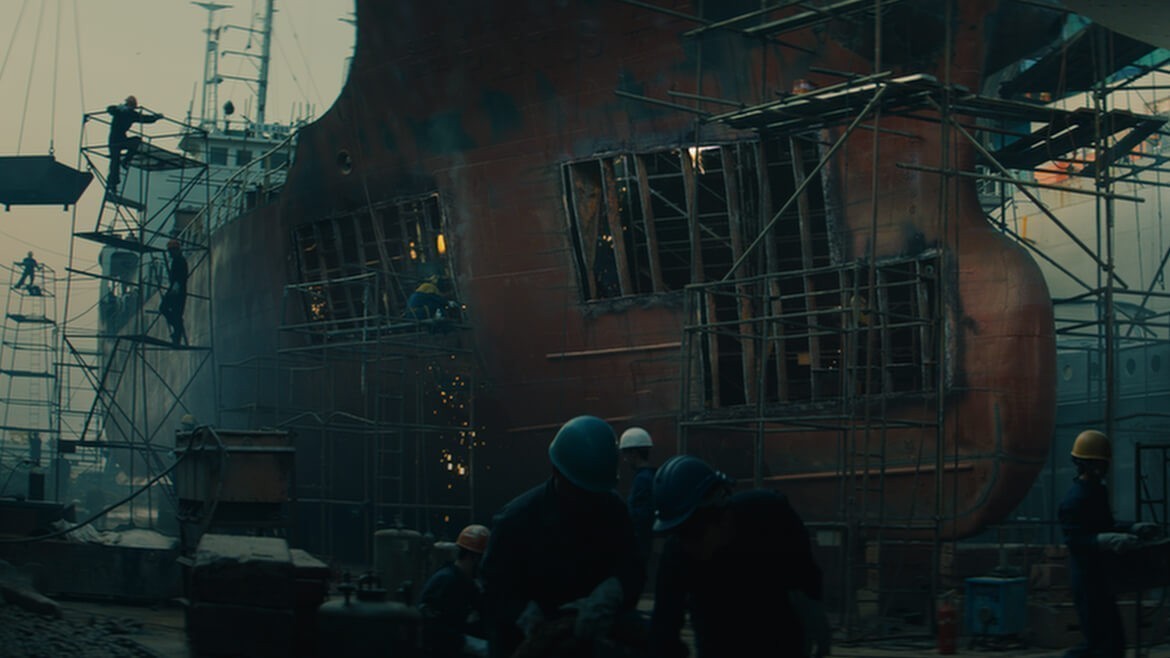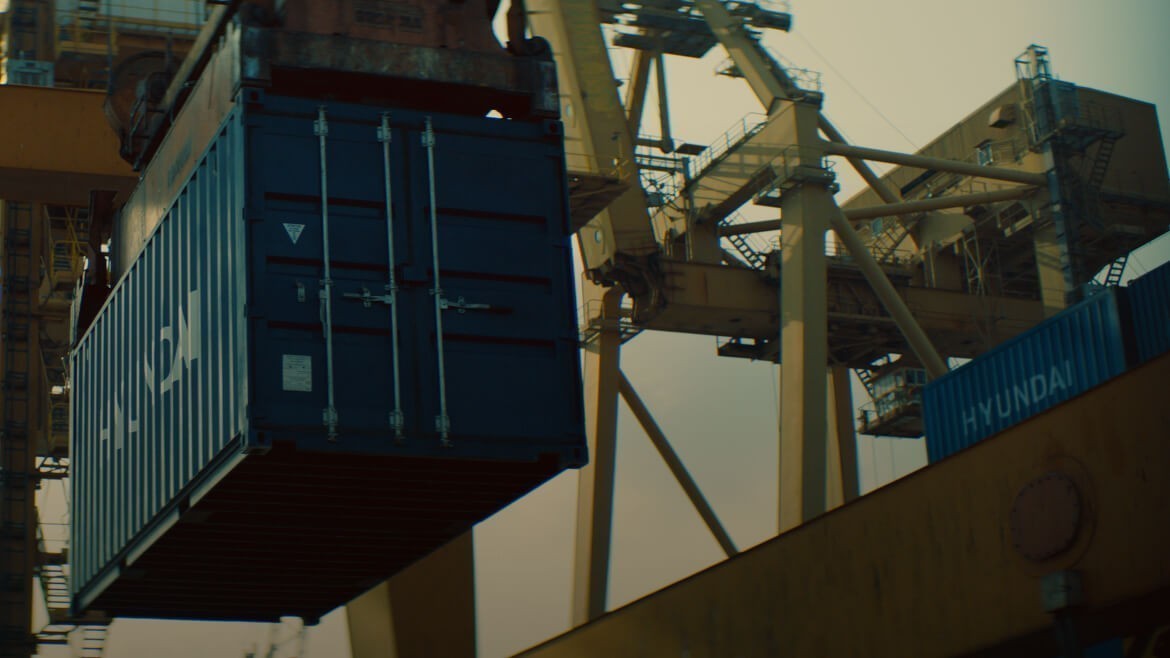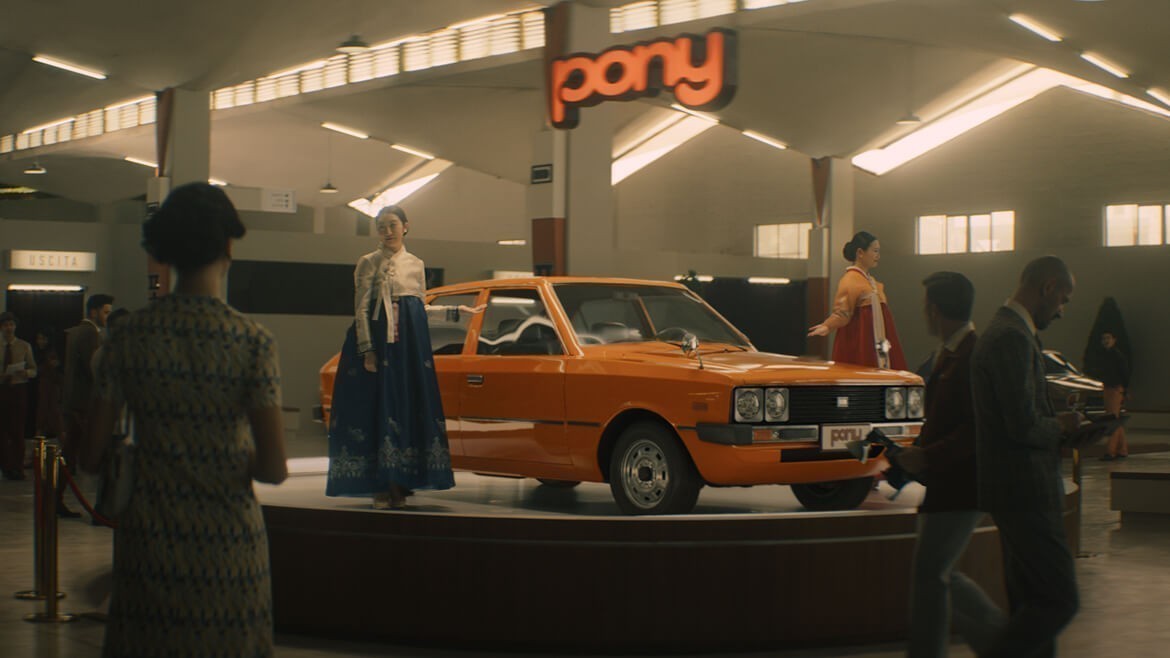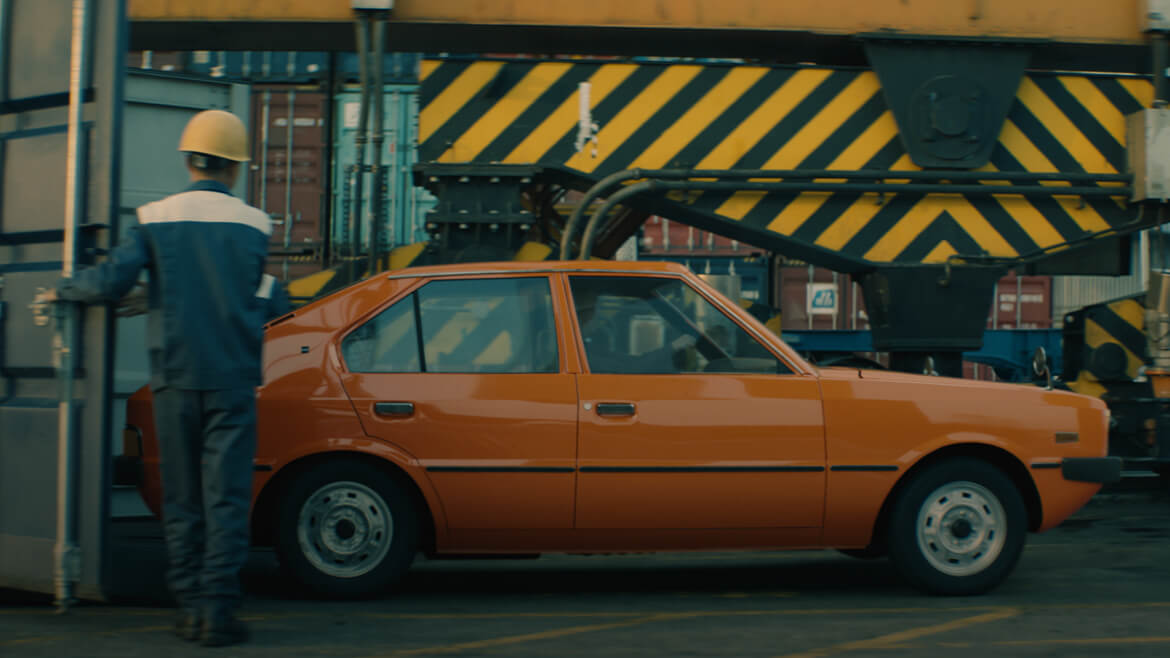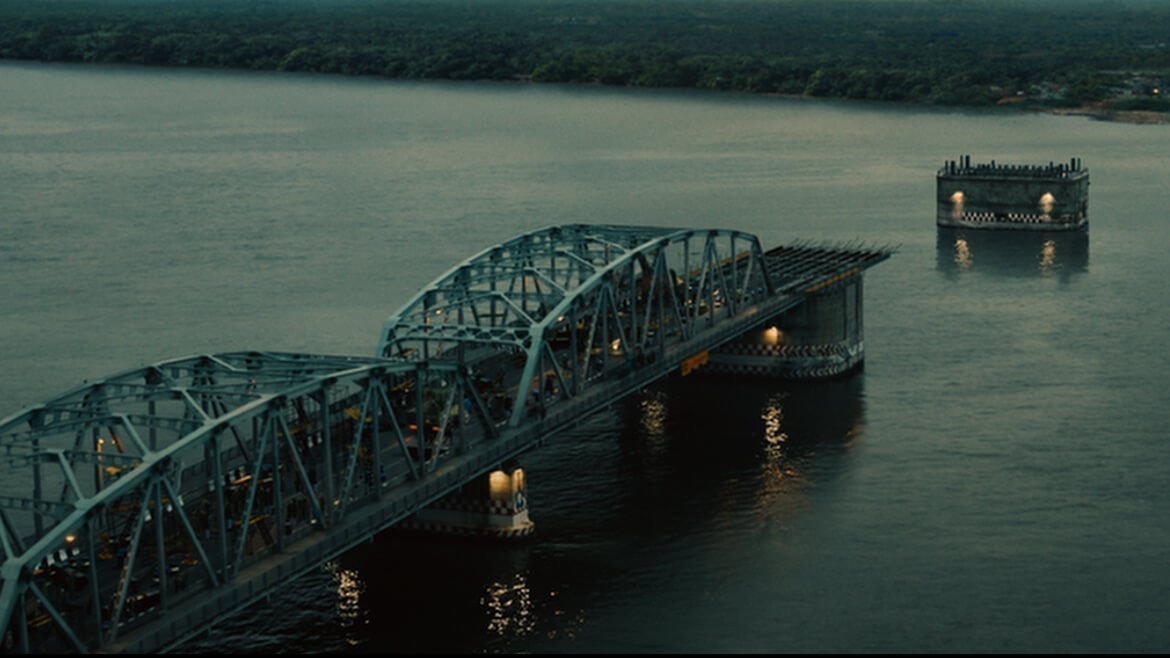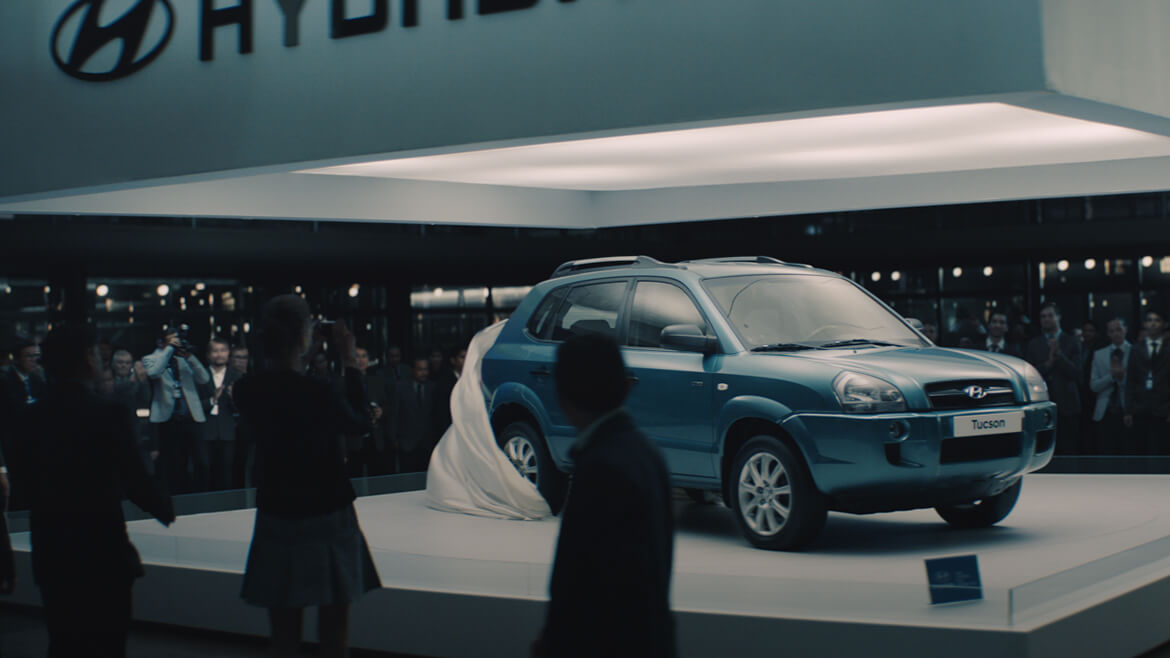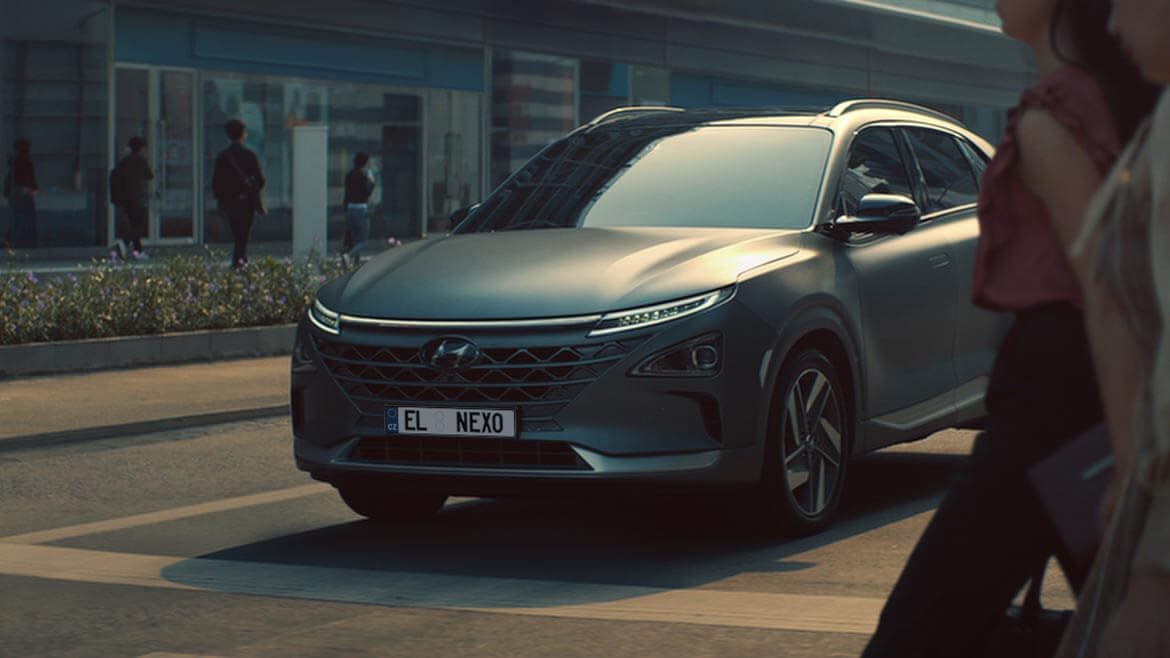Beginning of success
Chung Ju-yung, founder of Hyundai, was born in the village of Asan, approximately 50 km north of the current demilitarized zone, in a territory that is now part of North Korea. Being the eldest of seven children, he had to take care of his siblings, which meant working with his father for 15 to 16 hours a day. He often recalled “… although we worked very hard, we often didn’t have enough food”
Chung Ju-young, however, was a born optimist and lovingly remembered how early in the morning he was happy to get up with great expectation of what he could achieve for him and his family during the day. On his father’s farm, however, he had no opportunity to put his ideas to life, and as a teenage boy he often ran away from home to Seoul, seeking new opportunities, whether he carried stones as a construction worker or loaded and unloaded ships as a port labourer. Although his father had always found him and brought him back home, Chung Ju-yung never gave up. Again and again he tried to escape from home, and after many attempts, his continued effort was finally rewarded with success. Within three years he then evolved from a messenger delivering rice to an operator and owner of a thriving rice trade in Seoul. With the advent of World War II, Chung Ju-yung was forced to give up his rice business, but his desire for a better life did not suppress it.
He set up a car service where cars were repaired five times faster than other competitors in the area. This brilliant idea was at the birth of a business that turned into a global car manufacturers which we know it today as Hyundai Motor Group.
